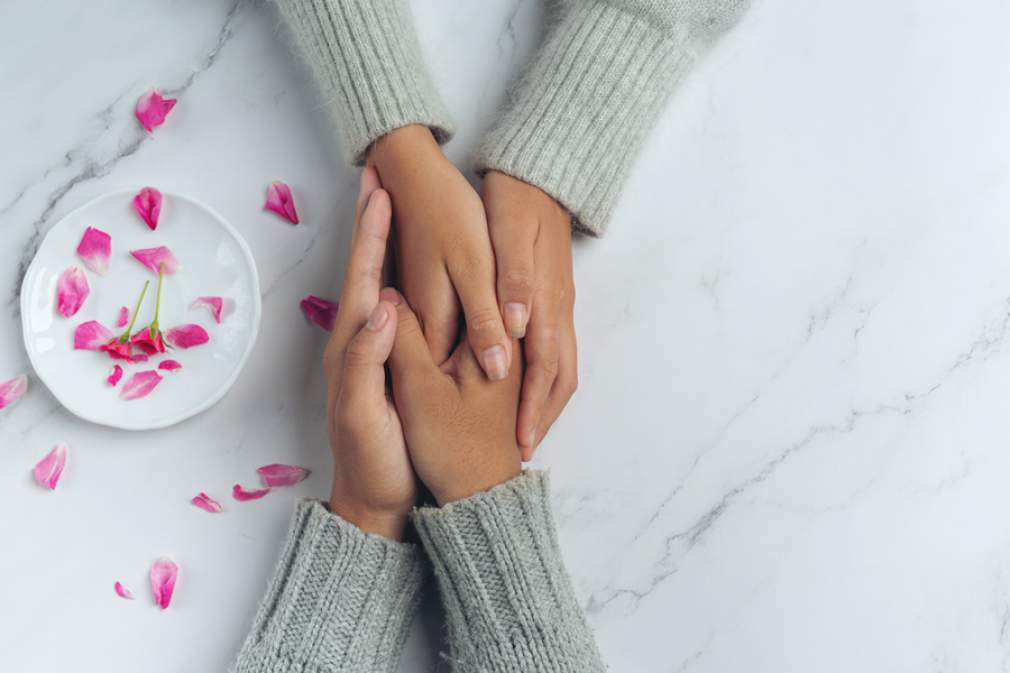An expert highlights what they are and ways to feel grateful, and the practice is celebrated on Friday, January 6th
The sense of grace that a person feels in relation to someone who has granted him some privilege, assistance, or benefit of any kind. This is the definition of gratitude. According to researchers at Harvard Medical School in Boston, this feeling is powerful medicine for the brain. When experiencing gratitude, two parts of the organ are activated: the ventral medial prefrontal cortex and the dorsolateral cortex, regions involved in reward perceptions, morality, positive social interactions, and the ability to understand what others think.
Research has shown that saying thanks strengthens interpersonal bonding, aids well-being, increases resilience, reduces stress and helps prevent depression. In that study of 300 adults, the group that did the thank you exercise showed improved mental health compared to the participants who didn’t do the activity. This custom is beneficial because it generates happiness for the recipient and also for those who made the gesture. The feeling is so important that it has a date for itself, January 6th, Gratitude Day.
Psychiatrist Michele Maciel, who works at the Orion Complex Clinical Center in Goiânia, notes that the practice of gratitude brings both physical and mental benefits. ′ The habit of practicing gratitude daily improves immunity, and reduces the risk of disease. It also improves sleep quality and mood and reduces anxiety levels. In addition, it encourages better habits and a better quality of life,” he affirms.
For her, it is possible to learn to be grateful. “Practicing gratitude is a habit that can be learned and encouraged through guidance campaigns. Leaving the habit of hurting oneself and always blaming the other for our problems is a great way to start,” he adds.
According to the expert, practicing gratitude on a daily basis brings lightness to life. “Being grateful is a daily exercise, it’s realizing that hard times breed learning too. Grateful people can see beyond the difficulty, see beyond the suffering. Gratitude goes way beyond giving thanks in good times or when good things happen in our lives,” she says. Michelle Macel says
The Orion Complex psychiatrist points out that this feeling can make the surrounding environment more pleasant. “Gratitude can become a stream of good and the best way to teach this is through example. Living with grateful people improves the harmony of relationships and contributes to a healthier environment,” he teaches.
Methods
According to Michel Maciel, gratitude can be shown in many ways, even by the most withdrawn of people. “For people who find it hard to express themselves with words, you can offer a gift — even if it’s something symbolic — that says how important it is, or through a thank-you letter. In addition, being ready to meet the item received on demand, appreciate shared moments, and show concern And listen to the other with genuine interest,” he explains.
The psychologist also lists some other ways to show feeling. Get in the habit of writing a gratitude journal every night; give thanks in prayer for all the good you have received throughout the day; send letters of gratitude to loved ones; sincerely praise someone every day and replace the impulse to complain or offend someone with the motive to find reasons to be grateful. Another interesting example. He prepares a gratitude jar with the kids, once a week everyone writes down something they are grateful for for the week. At the end of the year, they open the jar and re-read all the notes,” he explains.

“Hardcore beer fanatic. Falls down a lot. Professional coffee fan. Music ninja.”






More Stories
The law allows children and adolescents to visit parents in the hospital.
Scientists pave the way for the emergence of a new element in the periodic table | World and Science
Can dengue cause hair loss? Expert explains how the disease affects hair